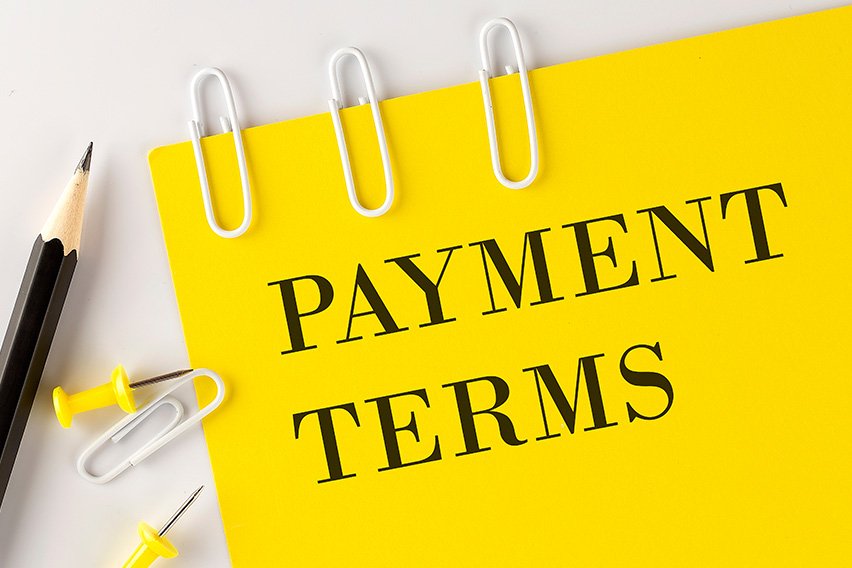What is Credit Card Churning?

Credit card churning is the act of signing up for multiple credit cards to qualify for intro bonuses. After earning these rewards, credit churners cancel their cards before any annual maintenance fees show up.
Depending on how often you do this, you can get a healthy sum in a short time, sometimes up to thousands of dollars. Credit churning can be a rewarding process for savvy business owners, but it is extremely risky for anyone who hasn’t learned the ropes.
Here’s What We’ll Cover:
How Does Credit Card Churning Work?
Credit Card Churning: Pros and Cons
Is Credit Card Churning Illegal?
Credit Card Churning: 4 Best Practices
More Accounting Resources for Businesses
How Does Credit Card Churning Work?
Credit card processing companies offer enticing rewards to new customers—from bonus points to airline miles and cashback. When you think of these bonuses in financial terms, they amount to free money in your business bank account.
To enjoy any credit card reward, you need to apply for two or more cards simultaneously. You can have a short time between these applications, but ideally, it shouldn’t be more than three months. Most credit card issuers charge 1.5% to 2.9% for swiped cards and 3.5% for keyed-in transactions as card processing fees.

Credit card churners earn bonuses when they meet the minimum spending requirements and deadlines. You can hit your minimums by buying any gift card, making payments on time, and using your credit card for primary purchases.
People who churn cards enjoy more sign-up bonuses as they repeat this process.
Credit Card Churning: Pros and Cons
Pros
- Credit churners get numerous bonuses from multiple credit cards. As you apply for more cards, you qualify for more points, cashback, and other credit card welcome offers.
- Credit card churning allows you to earn fast rewards with little or no commitment to annual fees.
- Since you have no actual use for the cards, you can cancel the credit accounts at any time.
Cons
- Credit card churning can affect your credit score in many ways. Before approving your credit card application, the card issuers will run a hard inquiry into your credit card statement. If they find records of frequent account closure, it will hurt your credit utilization ratio and lower your credit limit. Your credit ratio makes up 30% of your credit score.
- Credit card churning increases your debt, especially if you borrow money to meet the card’s spending limit.
- People who churn cards have a higher chance of credit denial due to too many credit card applications in a short time.
- If the credit card company suspects you’re taking advantage of the system, they could shut down your accounts and withdraw any earned rewards without any warning.
Is Credit Card Churning Illegal?
There’s no doubt credit card churning is controversial, but it is not illegal. Although there are no laws against credit card churning, many card issuers frown upon this practice and have terms and conditions that make it difficult for anyone to churn credit.
For example, some card issuers will not approve your credit card application if your payment history shows you have opened five cards from any processing company in the last two years.
Credit Card Churning: 4 Best Practices
- Make sure you meet the eligibility criteria.
- Go for credit cards that require minimum spend.
- Only apply for cards that waive the first fee.
- Wait for some time between your credit applications.
Make Sure You Meet the Eligibility Criteria
First, find out the requirements and go through your credit card report to ensure you meet them. Typically, the perkier the welcome benefits, the stricter the eligibility requirements. Some issuers require applicants to have up to $80,000 personal income to qualify for a credit card.
Go for Credit Cards that Require Minimum Spend
Welcome offers with minimum spend are easy to close out. While these rewards may be smaller, they are less riskier. You can hit the minimum spending requirements without incurring debt and damaging your credit score.

Only Apply for Cards that Waive the First Fee
The whole idea behind credit churning is to accrue multiple benefits while avoiding card/account fees. So, only apply for cards with first fee waivers. This way, you can maximize your benefits and reduce your minimum spending requirements.
Wait for Some Time Between Your Credit Card Applications
Even though you can apply for credit cards simultaneously, it is better to wait for some time between your applications. Opening too many credit accounts within a short time can hurt your credit score badly. Ideally, it is best to wait at least three months before sending in a new application to your credit card company.
Wrapping Up
If you play your cards right, you can enjoy many benefits from credit churning.
As long as you are a responsible cardholder with stellar credit and an excellent credit score, churning credit cards might be worth it. However, if your credit report is poor and you have a spending problem, things can quickly take a turn for the worse.
More Accounting Resources for Businesses
- What is Marginal Revenue?
- What’s the Difference Between Budget and Forecast?
- How to Choose the Best Desktop Payroll Software
RELATED ARTICLES

 How to Verify a Paypal Account? Verify Process Guide
How to Verify a Paypal Account? Verify Process Guide What Is PayPal Buyer Protection & What It Covers
What Is PayPal Buyer Protection & What It Covers How to Use PayPal – Complete Guide
How to Use PayPal – Complete Guide Invoice Payment Terms: A Guide to Get Paid Faster
Invoice Payment Terms: A Guide to Get Paid Faster Payment Approval Process: Everything About Invoice Approvals
Payment Approval Process: Everything About Invoice Approvals How to Accept International Payments: International Payment Methods
How to Accept International Payments: International Payment Methods